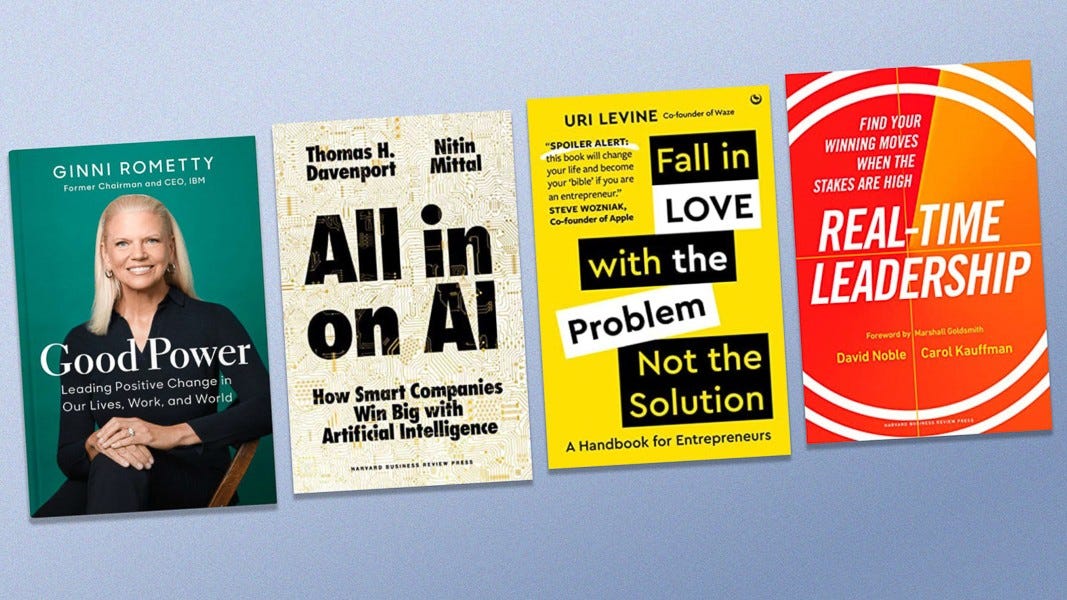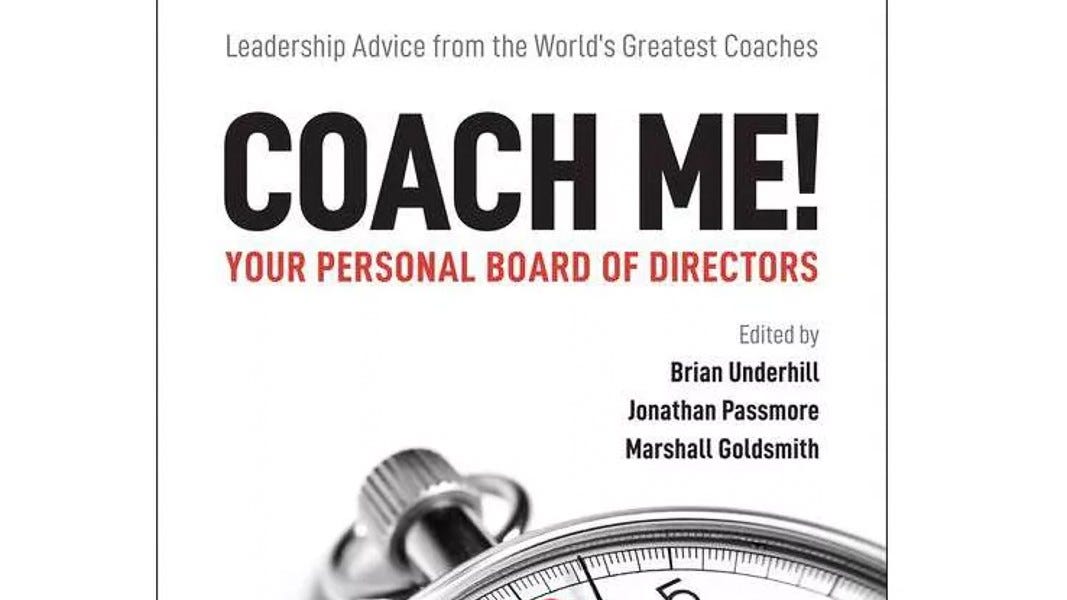Week 23.02 Let It Go
A fresh new year is always so invigorating. It feels like a clean slate, a chance to start new projects, make new resolutions, and create positive changes. Sometimes I forget that I must stop something I am already doing so that I can start something new. Because we tend to fill each year to the brim, I look back at last year and don’t see any space to add anything new. As I dig into the first month, I am thinking about the things I must let go of to make room for the new. Letting go also has another purpose; it provides a way to find a new balance between what we are clinging to too tightly rather than holding loosely.
One area that I need to consider is the things I hold onto within myself. Last year was solid for me; I added exercise, better eating, less screen time, and general all-around health. I committed to and saw my parents more frequently (although not as frequently as during the height of COVID) and started to reconnect with friends. I still struggle to let go in certain circumstances in which I have a memory of struggling (big parties where I don't know anyone, for example.) This year I will work on releasing that mental model and allowing myself to enter those circumstances with an open mind. I may even welcome a new framing in which, rather than struggling, I am simply looking to connect with a few people.
Another area I want to consider is my relationship with stuff. I like to think I have a very low environmental impact and treat the planet respectfully. In truth, I am only good in relation to my high(er) consumption peer group. My Amazon record indicates that I often purchase impulsively and could be more thoughtful before consuming. I continue to be concerned with the state of the planet, but truth be told, I am not yet a good partner. This year I will work on reducing my sense of entitlement to immediate gratification and getting that little upgrade when what I already have will do just fine. I am struggling at the moment to think of other objects I need to let go of, so I am committing daily to paying attention to what I hold onto, which will be my sign that I need to release it. Any thoughts you have here will be well received.
The last category might be the most challenging - letting go of people. I am not thinking here of pushing people away or not speaking with them again. I am thinking about how sometimes I have an idea of what a relationship should be, and I am not sensitive enough to what the other person wants or is willing to give. In asserting my concept of the relationship, I hold on too tightly, distorting us both. Giving everything can feel so good, but it also risks overwhelming the other person. Letting go and allowing the relationship to re-balance to a more natural set point will make it healthier. I know this does not happen overnight and will require patience and trust, and sometimes is hard to come by. Letting go (just a little) and easing and bringing ease to meaningful relationships is a healthy practice worth trying out.
In life and leadership, it is too easy to focus on what we want and go after it; to have something we care about and hold onto tightly. But healthy relationships require air to breathe and sunlight to grow. The planet cannot sustain our consumption needs, and we should consider everything we use as a depletion of resources. Perhaps most importantly, we can let go of the things we hold onto in ourselves that hold us back, even while we find comfort in the familiar. This year, we should practice letting go of ourselves and those we lead and love. Let's consider a year of easing, a year of holding loosely, and a year of more with less.
How To Motivate The Unmotivated by David Burkus
Motivation can vary wildly on a team. A few people might be highly motivated at any given time, while others are unmotivated. Ideally, there are times when everyone is motivated at once, but sadly there may be times when everyone is demotivated or burnt out. All this means that an inescapable part of a leader’s job is to motivate the unmotivated. The good news is that leaders don’t have to rely on raw charisma or the inspirational words of a halftime speech from insert-your-favorite-sports-movie-here. Instead, motivation is less about the qualities of the leader and more about understanding the team's needs and each individual on the team. In this article, David outlines five ways to motivate the unmotivated.
4 of the Most Anticipated Business Books You Need to Read in 2023 (Inc Mag)
Real-Time Leadership: Find Your Winning Moves When the Stakes Are High by David Noble and Carol Kauffman PhD
Leadership's greatest challenge is mastering how best to respond when the stakes are high. Imagine the chance to slow down time to make the best choice, and how much it could shape your success--make a split-second decision, navigate a crisis, or make the best of a pivotal moment? In Real-Time Leadership: Find Your Winning Moves When the Stakes Are High, leadership coaches David Noble and Carol Kauffman explore how the best leaders master these moments. Tapping decades of C-level coaching experience, they help leaders to adjust their reflexive reactions and optimize their responses to any situation, as their unique "MOVE" framework empowers leaders to slow down and own high-stakes moments, generate options, and expertly evaluate them before acting. With this model, leaders can better recognize key moments as they approach, like a quarterback or conductor who anticipates what's needed to deliver a winning game or performance.
Coach Me! Your Personal Board of Directors: Leadership Advice from the World's Greatest Coaches by Brian Underhill,
In Coach Me! Your Personal Board of Directors: Leadership Advice from the World’s Greatest Coaches, a team of world-renowned executive coaches and leadership experts, delivers a revolutionary collection of contributions from 52 of the globe’s leading management thinkers. Each curated piece explores a critical issue in leadership, covering topics like self-awareness, communication, interpersonal relationships, emotional intelligence, delegation, coaching, change management, transition management, execution, and career development. Among the 50 stories included, readers will find inspirational and practical advice based on real-world leaders who were forced to transform their company’s business model, their organization, or themselves to achieve success. Each concise, actionable chapter lets you be a fly on the wall of a successful leader, demonstrating a solution to a commonly encountered leadership problem.
With love, wonder, and gratitude, Scott.












